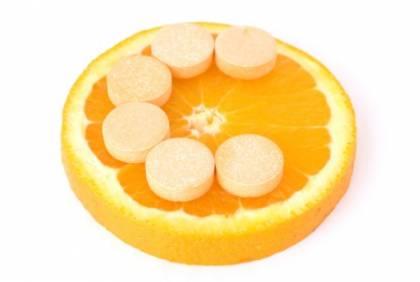The Poliquin Principles


Vitamin C
Q. I don’t hear much about vitamin C lately. Isn’t it important to take a vitamin C supplement to prevent scurvy?
A. Just about every Nutrition 101 class tells the story about how European sailors on long voyages often suffered from this potentially life-threatening disease. In 1498, Vasco da Gama saw 100 of his 160-member crew die of this disease during his journey to India. Twenty-one years later, Magellan topped his record when 200 of the 218 original crew members of his expedition to the Philippines died of scurvy. Lack of vitamin C was eventually discovered to be the cause of scurvy, but there are problems with this story and its eventual happy ending. Think about it. European expeditions seldom stayed at sea for more than a few months. Why didn’t we ever hear stories about the Vikings, who participated in long journeys across the Atlantic, dying from scurvy? Or the Chinese, who often remained at sea for months? And isn’t it interesting that among the European sailors, the officers rarely came down with scurvy? The real problem with the European sailors, you see, was not so much a lack of information about the secret nutritional values of orange juice as it was greed.
“The sailors were generally fed according to contract; a firm agreed to provision the ship for the voyage for a fixed sum—and the cheaper the food, the greater their profit,” says Dr. David Reuben in his 1978 book Everything You Always Wanted to Know about Nutrition.
As a result, continues Reuben, the European sailors “were fed a diet of salt fish, salt beef, and crackers made from rye flour. There wasn’t an ounce of vitamin C in a ton of that stuff.” Further, during shore leave, the sailors saw no reason to invest their coins on the local cuisine.
The Vikings and Chinese didn’t get scurvy because they ate, respectively, sauerkraut and bean sprouts, which contain vitamin C. The European officers, incidentally, were protected because they often brought a supply of potatoes, which also contain vitamin C, on board to indulge in. It doesn’t take much vitamin C to prevent scurvy, and in today’s society, the disease is virtually extinct. And now you know!
Click HERE to sign up for our free newsletter!

